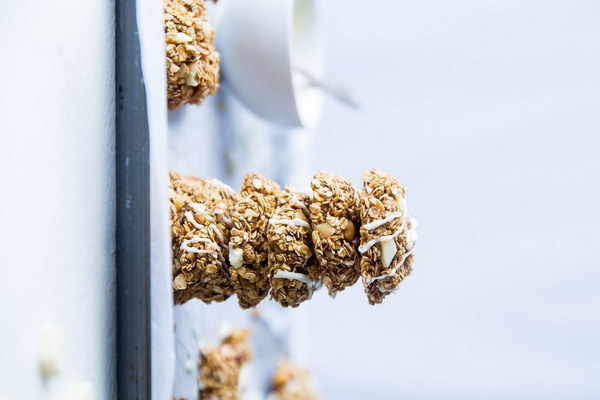Floral Elixirs for Wellness Unveiling the Health Benefits of Herbal Teas
Floral Elixirs for Wellness: Unveiling the Health Benefits of Herbal Teas
In the hustle and bustle of modern life, finding natural ways to boost our health and well-being has become more crucial than ever. Among the plethora of health-boosting remedies, herbal teas have emerged as a soothing and effective option. Packed with a variety of flowers and plants, these floral elixirs offer a multitude of health benefits, from improving digestion to boosting immunity. Let's delve into the enchanting world of herbal teas and explore their remarkable health benefits.
1. Calming the Mind and Nervous System
One of the most sought-after benefits of herbal teas is their ability to calm the mind and soothe the nervous system. Flowers like chamomile, lavender, and passionflower have been used for centuries to alleviate stress, anxiety, and insomnia. These teas contain compounds that act as natural sedatives, helping to induce relaxation and improve sleep quality.
2. Enhancing Digestion
Herbal teas are renowned for their digestive properties. Peppermint, ginger, and fennel are just a few examples of flowers that can aid in digestion. Peppermint, known for its anti-inflammatory properties, can help alleviate symptoms of irritable bowel syndrome (IBS) and reduce bloating and gas. Ginger, on the other hand, is a natural digestive stimulant that can relieve nausea and improve overall gut health. Fennel, with its aromatic oils, can aid in breaking down food and preventing bloating.
3. Boosting Immunity
Floral teas are also excellent for strengthening the immune system. Elderflower, echinacea, and ginger are just a few of the flowers that have been shown to boost immunity and help fight off infections. Elderflower contains bioflavonoids that can help prevent the spread of viruses, while echinacea is known for its ability to stimulate the immune system. Ginger, with its powerful anti-inflammatory and antioxidant properties, can help reduce the severity and duration of colds and flu.
4. Improving Skin Health
Many herbal teas have been found to have positive effects on skin health. Green tea, for instance, is rich in antioxidants that can protect the skin from UV damage and reduce the appearance of wrinkles. Chamomile, with its anti-inflammatory properties, can help soothe skin irritations and reduce redness. Lavender, known for its antibacterial and antifungal properties, can be beneficial in treating acne and other skin conditions.
5. Detoxifying the Body

Herbal teas can also aid in detoxifying the body by flushing out harmful toxins. Dandelion, nettle, and burdock are just a few examples of flowers that have diuretic properties, helping to increase urine production and promote the elimination of waste from the body. These teas can support kidney function and improve overall liver health.
6. Promoting Weight Loss
For those looking to shed a few pounds, herbal teas can be a valuable addition to their diet. Green tea, in particular, has been shown to increase metabolism and fat oxidation, making it an excellent choice for weight loss. Peppermint and ginger teas can also help curb appetite and improve digestion, making them suitable for weight management.
7. Reducing Inflammation
Inflammation is a common underlying factor in many chronic diseases, including heart disease, diabetes, and arthritis. Herbal teas, such as turmeric, rosemary, and thyme, contain compounds that have anti-inflammatory properties, helping to reduce inflammation in the body and protect against these conditions.
In conclusion, herbal teas are not just a refreshing beverage; they are a treasure trove of health benefits. From calming the mind to boosting immunity, these floral elixirs offer a natural and effective way to support overall well-being. So, the next time you reach for a cup of tea, consider the healing power of nature and embrace the beauty of herbal teas.






![Unlock the Secrets to Radiant Skin Discover the Services at Hongxiu Beauty & Skin Care Center - Call Now at [Phone Number]](http://img.bluepurple.cn/a/养生/244/Unlock-the-Secrets-to-Radiant-Skin-Discover-the-Services-at-Hongxiu-Beauty-Skin-Care-Center-Call-Now-at-Phone-Number.jpg)


